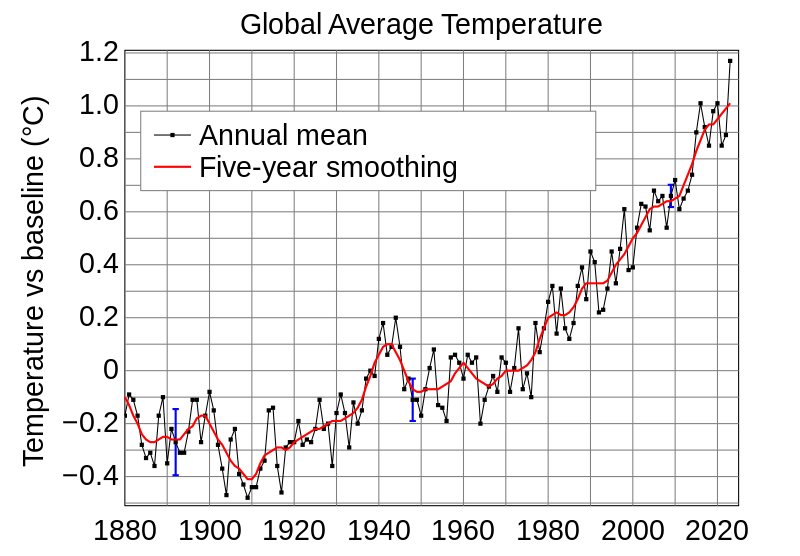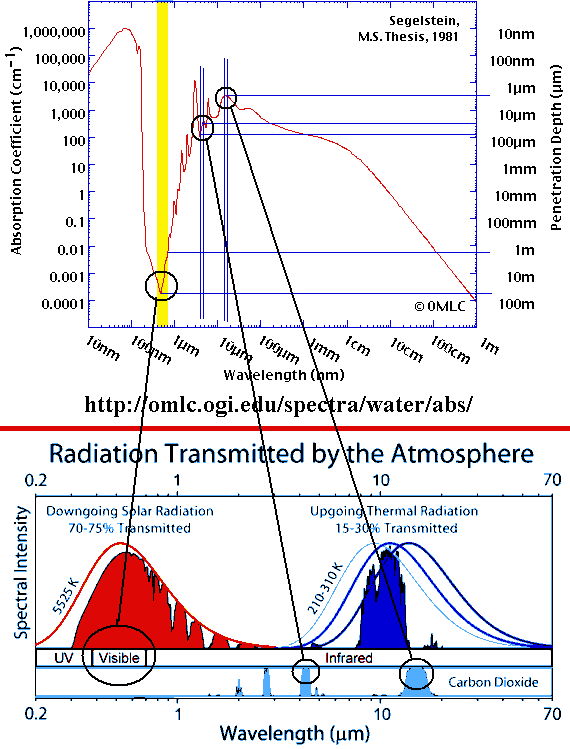Well here is the problem. I look at the temperature trends and see a clear warming trend.
Not only that, I look at the rapid retreat of alpine glaciers around the world (several of which I have stood on), the rapid encroachment of trees in what was once alpine tundra on many mountain ranges across the globe, the northern movement of the boreal forest zone, the northern movement of USDA planting zones by hundreds of miles, and various other rapid changes in ecosystems and I see a climate that is warming at a fairly rapid clip. Of course there is the physics of it too.
That all said, you I am certainly would disagree. So if we cannot even agree as to the level of warming the earth's climate has undergone so far, then we certainly are never going to agree on what warming there needs to be before we have to really start worrying.



